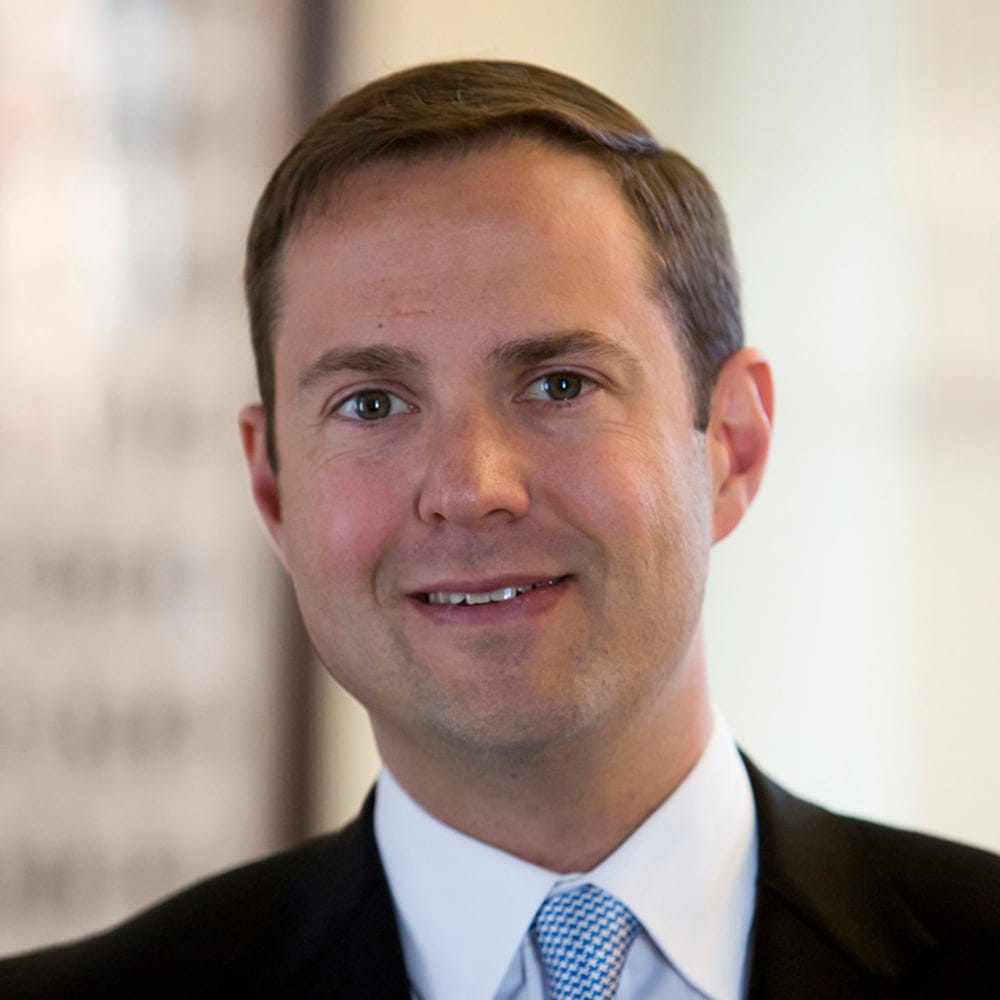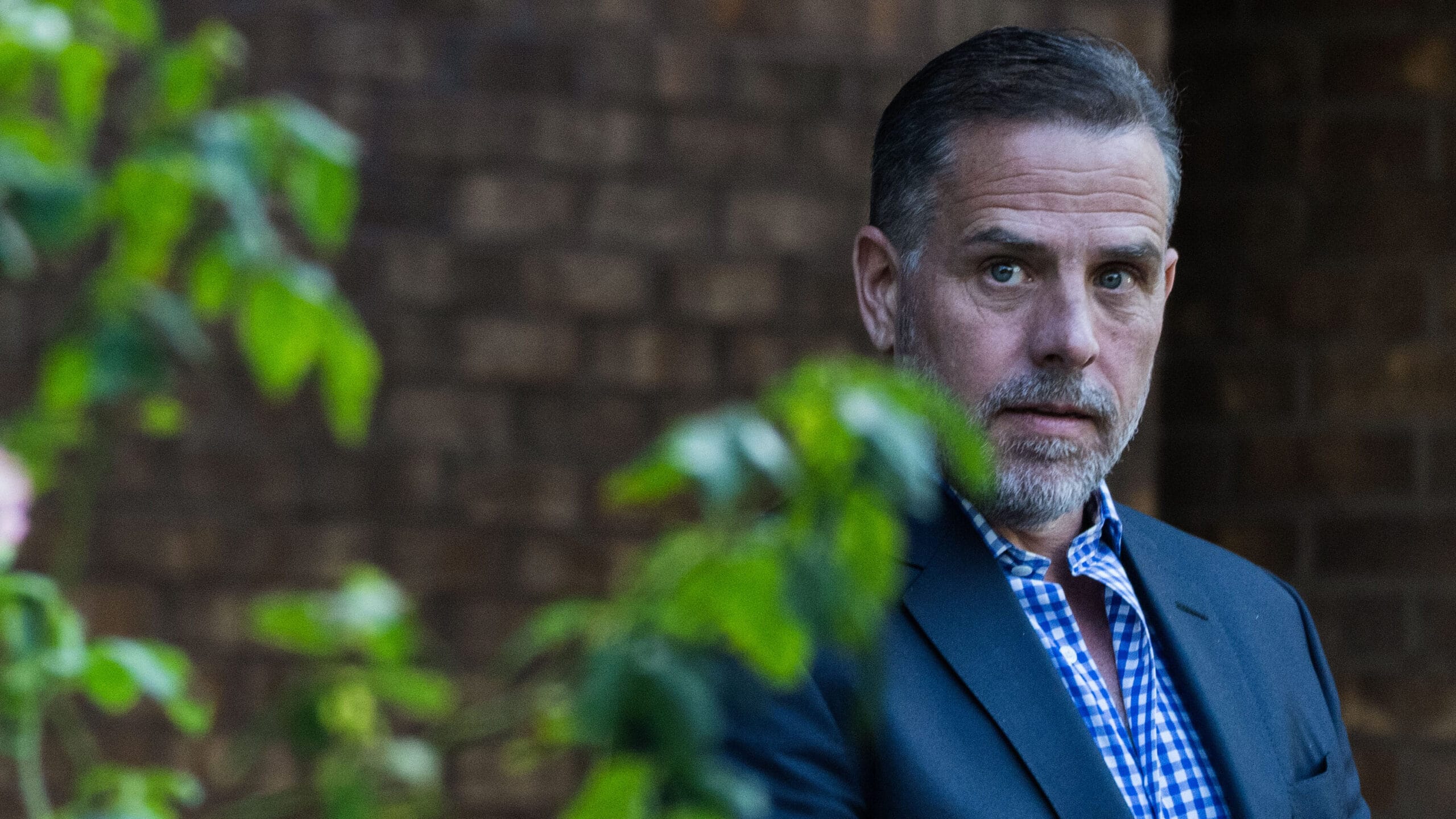The Texas House of Representatives has been embroiled in a contentious speaker race, with multiple candidates vying for the top spot. In a recent development, Rep. Dustin Burrows (R-Lubbock) announced that he has secured the necessary votes to become the next Speaker of the Texas House. This claim comes as a surprise, as Rep. David Cook (R-Richmond) had won the GOP caucus vote earlier in the week.
According to Burrows, he has garnered the support of a majority of House members, including both Republicans and Democrats. While he did not provide an exact number of votes, he expressed confidence that he has the necessary backing to secure the speakership.
“I am honored to have the support of my colleagues from both parties,” Burrows said in a statement. “I am committed to working with all members of the House to pass legislation that benefits the people of Texas.”
Burrows’ announcement has significant implications for the upcoming legislative session. As Speaker, he would play a crucial role in shaping the House’s agenda and determining which bills come to the floor for a vote. His leadership style and priorities would also set the tone for the chamber.
Despite Burrows’ claims, the speaker’s race is far from over. Rep. Cook, who won the GOP caucus vote, has not conceded and remains a contender for the top spot. The caucus vote is not binding, and ultimately, the decision on who becomes Speaker will be made by the full House.
The speaker’s race has been marked by intense jockeying and lobbying, with multiple candidates vying for the support of their colleagues. The outcome is far from certain, and it remains to be seen whether Burrows can deliver on his promise of majority support.
In addition to Burrows and Cook, several other candidates have thrown their hats into the ring, including Rep. Travis Clardy (R-Nacogdoches) and Rep. Four Price (R-Amarillo). The crowded field reflects the complex and often contentious nature of Texas politics.
The speaker’s race is also closely tied to the upcoming legislative session, which is set to begin in January. Lawmakers will face a number of pressing issues, including a projected budget shortfall, the need for property tax reform, and the ongoing debate over school finance.
As the speaker’s race continues to unfold, one thing is clear: the outcome will have significant implications for the future of Texas. The Speaker of the House plays a critical role in shaping the state’s agenda, and the choice of who will lead the chamber will have far-reaching consequences.
In the coming days and weeks, lawmakers will continue to negotiate and lobby for support. Ultimately, the decision on who becomes Speaker will be made by the full House, and it remains to be seen whether Burrows can deliver on his promise of majority support.



